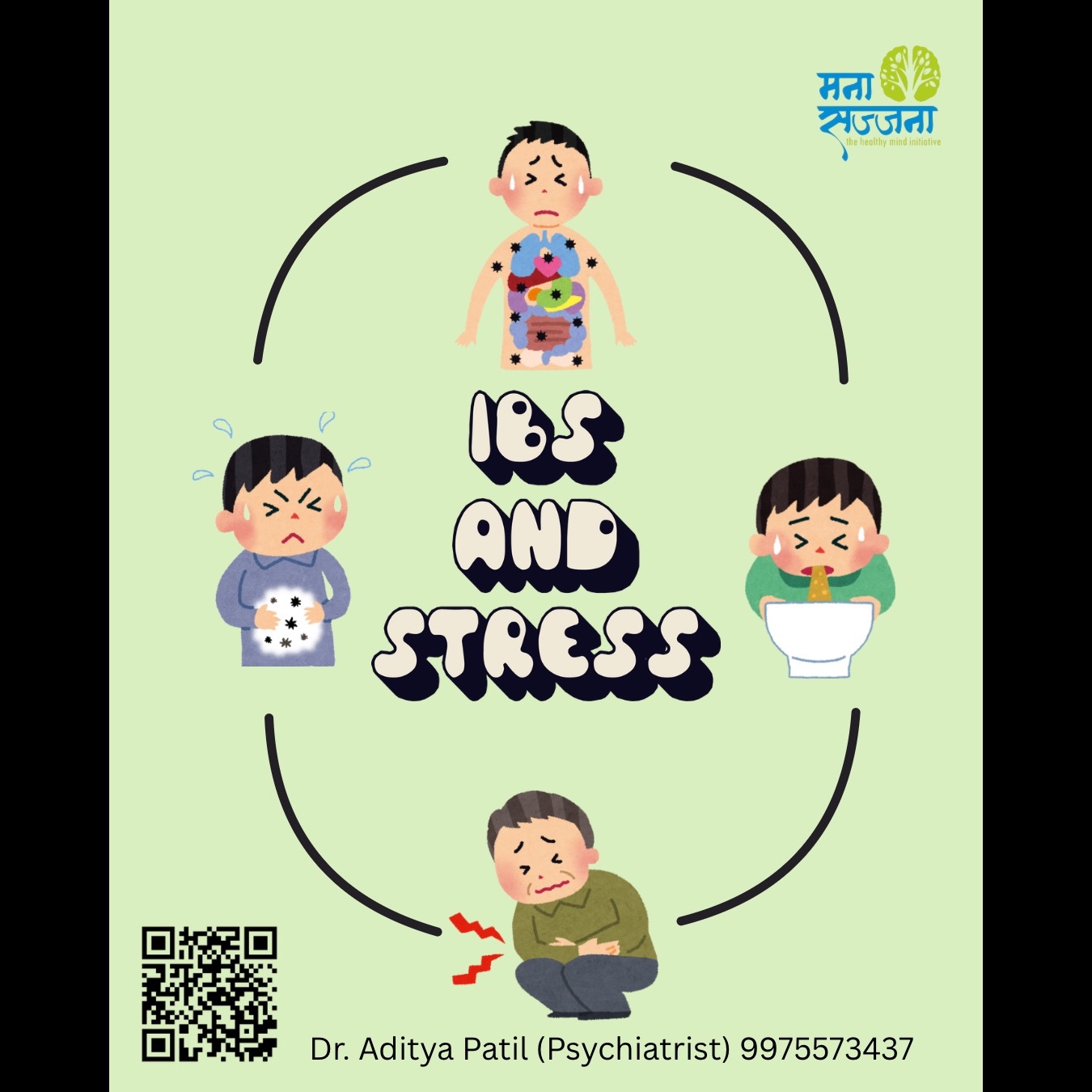+918048031534

This is your website preview.
Currently it only shows your basic business info. Start adding relevant business details such as description, images and products or services to gain your customers attention by using Boost 360 android app / iOS App / web portal.
Stress and Irritable Bowel Syndrome (IBS) are c...

Stress and Irritable Bowel Syndrome (IBS) are closely linked through the gut-brain axis, a communication system that allows stress to directly impact gut function. While stress doesn’t cause IBS, it can significantly worsen symptoms such as cramping, bloating, diarrhea, and constipation by increasing gut sensitivity and disrupting digestion through elevated cortisol levels. Managing stress is therefore essential in controlling IBS flare-ups. Effective strategies include mindfulness, cognitive behavioral therapy (CBT), yoga, and deep breathing exercises. Regular physical activity and good sleep hygiene also support both stress and digestive health. Dietary changes, especially following a low FODMAP diet and tracking trigger foods, can reduce symptoms. If IBS symptoms become severe, persistent, or unusual (such as weight loss or blood in stool), it’s important to consult a healthcare professional. The most effective approach to managing IBS combines stress reduction, dietary adjustments, and medical or psychological support.

